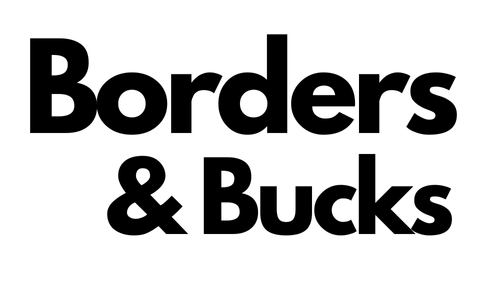Europe is opening its doors to digital nomads in 2025 — but not every visa means tax-free living. From Spain’s Beckham Law to Greece’s 50% exemption, here’s how to find your ideal base and stay compliant.
The Digital-Nomad Boom: Europe’s 2025 Reality Check
The pandemic normalised remote work; now governments are competing for mobile talent. More than 20 European countries have introduced some form of digital-nomad or remote-worker visa — but they’re not all equal.
In 2025, the trend is clear: countries are refining their income thresholds and tax incentives to attract long-stay professionals, not backpacking freelancers. Spain simplified its process, Greece extended its 50% tax break, and Italy officially joined the race.
For professionals earning between €3,000 and €10,000 per month, these programmes open the door to stable residency and lower taxes — without needing an employer sponsor.
Europe’s Five Standout Digital-Nomad Visas (2025 Edition)
🇪🇸 Spain – The Refined Favourite
- Requirements: Proof of €2,600 monthly income, a remote-work contract, and private health insurance.
- Length: One year initially, extendable up to five.
- Tax Angle: New arrivals can apply for the Beckham Law, paying a flat 24% on Spanish-sourced income only (for up to six years).
Best for: Mid-career professionals wanting EU access, good infrastructure, and sunshine without giving up city life.
🇬🇷 Greece – Half-Tax Heaven by the Aegean
- Requirements: Income over €3,500 per month and proof of remote work.
- Duration: Two years, renewable.
- Perk: 50% income-tax reduction for the first seven years if you become a Greek tax resident under its relocation scheme.
Watch out: Cross 183 days and you’re tax-resident — and the 50% exemption only applies if you register formally.
🇮🇹 Italy – The Late Entry with Big Potential
- Requirements: Income over €2,800 monthly, private health insurance, and six months of remote-work experience.
- Duration: One year, renewable.
- Tax Options: Self-employed professionals may access Italy’s Forfettario regime (15% flat rate) or the southern 7% pensioner regime in smaller towns.
Ideal for: Professionals seeking Mediterranean lifestyle with strong culture and manageable bureaucracy.
🇭🇷 Croatia – Europe’s Under-the-Radar Option
- Requirements: €2,300 monthly income and health insurance.
- Duration: One year, non-renewable.
- Tax highlight: Visa holders are exempt from local income tax on foreign earnings — as long as they don’t work for Croatian clients.
Why it works: Affordable EU lifestyle on the Adriatic, without the big-city prices.
🇵🇹 Portugal – Still Popular, But Shifting
- Requirements: €3,280 monthly income, proof of accommodation, and clean record.
- Duration: One year, renewable up to five.
- Tax update: With the end of the NHR regime, Portugal is no longer ultra-low-tax but remains attractive for lifestyle and residency pathways.
The Tax Traps: When “Visa” Doesn’t Mean “Tax-Free”
- Residency ≠ Tax Residency: Staying over 183 days or moving your life there can trigger taxation.
- Double-Taxation Surprises: Not all treaties prevent overlap; Australians especially need careful timing.
- Corporate Structure Confusion: Running invoices through your old ABN can trigger local business tax.
- Hidden Local Taxes: Surcharges and social-security add-ons can quietly raise your bill.
- The 183-Day Myth: Even if you leave early, ties like property or family can still make you taxable.
Building a Smart Plan: Visa + Tax + Lifestyle
Freedom without strategy can turn into stress fast. Start with your numbers, match your visa to your structure, and always plan around your financial year.
Example: Sophie, a 36-year-old marketing consultant from Melbourne, moved to Greece under the nomad visa but didn’t register under the 50% exemption. She ended up taxed on her full worldwide income at 44%. With a small timing adjustment, her rate could’ve halved.
The Borders & Bucks Perspective: Freedom With Foresight
At Borders & Bucks, we see this shift not as a trend but as a turning point. The smart ones aren’t chasing zero-tax headlines — they’re building sustainable, borderless lifestyles.
Choosing a visa is only half the story. The real advantage comes from understanding where your life, income, and residency intersect.
Our European Lifestyle Strategy helps you compare countries, taxes, and lifestyles side-by-side — with real data and vetted professionals.
Final Thought
Freedom isn’t just about where you live — it’s about staying in control while you do it. Before choosing your next base, run the numbers and read the fine print. With foresight and a smart plan, your next home could offer not only a better lifestyle but a better financial future.



